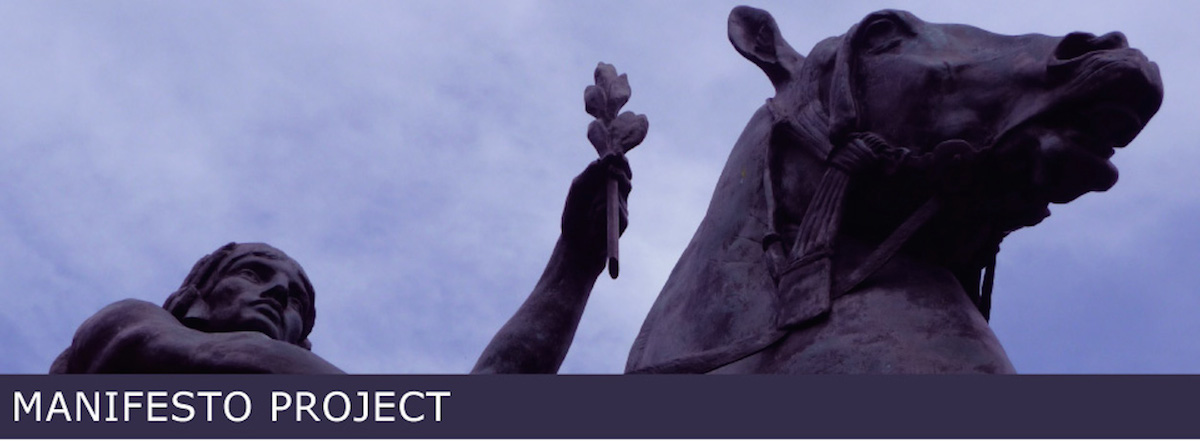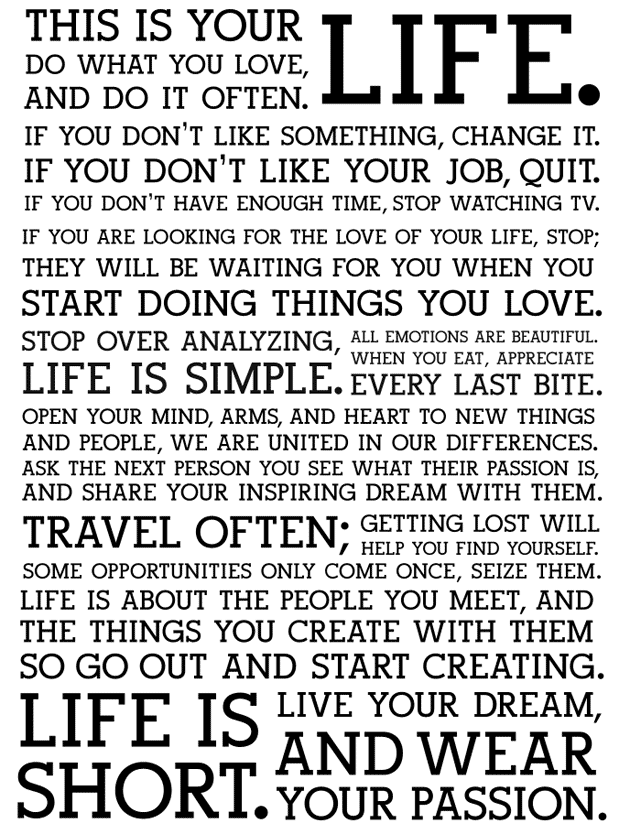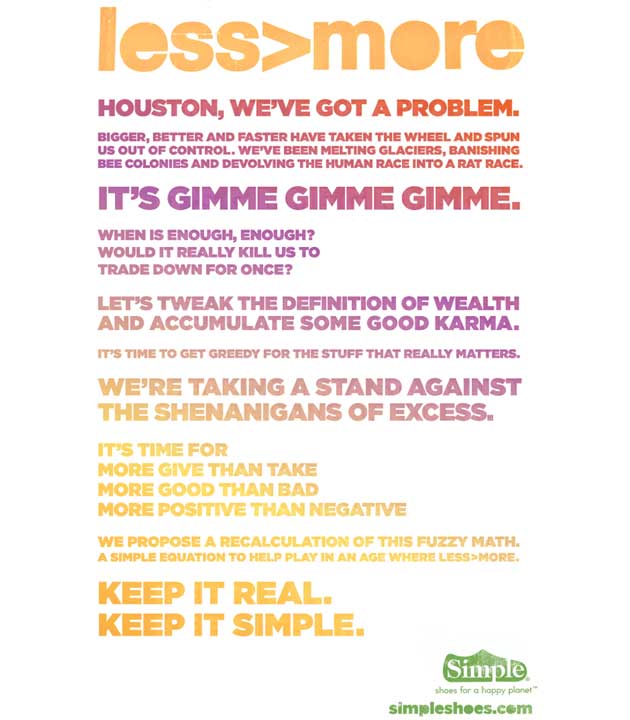Creator: James Quigley is CEO of Deloitte Touche Tohmatsu Limited, and Mehrdad Baghai is Managing Director of Alchemy Growth Partners.
Purpose: A manifesto for transforming individual action into collective power and “…help you realise the full power of your people.” As One is the Deloitte organisations global initiative on collective leadership.
The As One Manifesto (summary)
Adding the phrase “as one” to another word changes its entire meaning. Imagine the possibilities… The sources of inspiration are endless. Believing As One. Stronger As One. Succeeding As One.
Leadership = People + Purpose + Productivity
Three Key Elements to Collective Leadership
1 Shared Identity as part of the larger organisation
2 Direction Intensity to impel people to contribute
3 Common Interpretation to foster cooperation
Eight Leadership Styles – because not all people are the same
1 Landlord <> Tenant
2 Community Organiser <> Volunteers
3 Conductor <> Orchestra
4 Producer <> Creative Team
5 General <> Soldiers
6 Architect <> Builders
7 Captain <> Sports Team
8 Senator <> Citizens
The timeless challenge of leadership is that you cannot get large groups of people to behave As One if they do not identify with each other as a unified group or team.
Applying the As One Approach
1 Diagnostic
2 Interventions
3 Adoptions
Source
Download the ebook of the As One Manifesto from Change This
The banner image is from the cover of the Change This ebook










